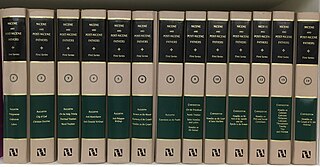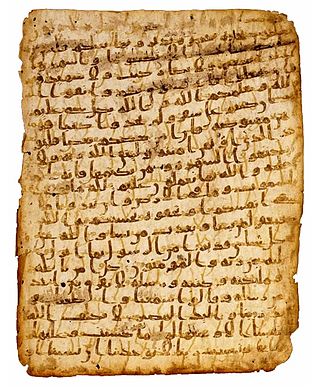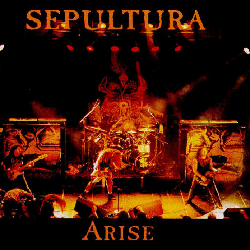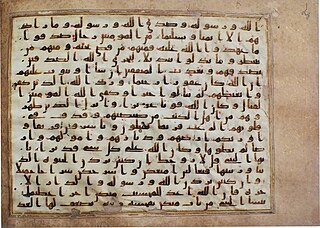Canon or Canons may refer to:

Sikhism, also known as Sikhi, is a monotheistic Indian religion and philosophy, in particular for the Sikh ethnoreligious group, that originated in the Punjab region of India around the end of the 15th century CE. It is one of the most recently founded major religious groups and among the largest in the world with about 25–30 million adherents.
Unitarian or Unitarianism may refer to:

In the Book of Mormon, the Nephites are one of four groups said to have settled in the ancient Americas. The term is used throughout the Book of Mormon to describe the religious, political, and cultural traditions of the group of settlers.
Biblical inerrancy is the belief that the Bible "is without error or fault in all its teaching"; or, at least, that "Scripture in the original manuscripts does not affirm anything that is contrary to fact". Some equate inerrancy with biblical infallibility; others do not.
A testament is a document that the author has sworn to be true. In law it usually means last will and testament.
Lava is molten volcanic rock or the resulting solid rock after cooling.
Biblical infallibility is the belief that what the Bible says regarding matters of faith and Christian practice is wholly useful and true. It is the "belief that the Bible is completely trustworthy as a guide to salvation and the life of faith and will not fail to accomplish its purpose."

Sacred tradition, also called holy tradition or apostolic tradition, is a theological term used in Christian theology. According to this theological position, sacred Tradition and Scripture form one deposit, so sacred Tradition is a foundation of the doctrinal and spiritual authority of Christianity and of the Bible. Thus, the Bible must be interpreted within the context of sacred Tradition and within the community of the denomination. The denominations that ascribe to this position are the Catholic, Eastern Orthodox, and Oriental Orthodox churches, and the Assyrian churches.
Diwan and divan are terms originally used in Persian, Arabic, and Turkish with derivatives in other Asian and European languages such as diwaan, dewan, etc.. These terms may refer to:
The Bible is a canonical collection of texts treated as religious scripture in Judaism, Christianity, Islam and other religions.
Book of Secrets may refer to:

Islamic holy books are certain religious scriptures that are viewed by Muslims as having valid divine significance, in that they were authored by God (Allah) through a variety of prophets and messengers, including those who predate the Quran. Among the group of religious texts considered to be valid revelations, the three that are mentioned by name in the Quran are the Tawrat, received by prophets and messengers amongst the Children of Israel; the Zabur (Psalms), received by David; and the (Injeel) Arabic for the Gospel, received by Jesus. Additionally, the Quran mentions God's revealing of the Scrolls of Abraham and the Scrolls of Moses.

"Arise" is Sepultura's first official single, as well as the first of three to be released from the album of the same name.

The Sacred Scriptures Bethel Edition (SSBE) is a Sacred Name Bible which uses the names Yahweh and Yahshua in both the Old and New Testaments. It was produced by Jacob O. Meyer, based on the American Standard Version of 1901 and it contains over 977 pages. The Assemblies of Yahweh printed 5,500 copies of the first edition in 1981. It is also used by some members of the Sacred Name Movement.
Lutheranism is a major branch of Protestantism, identifying primarily with the theology of Martin Luther, the 16th-century German monk and reformer whose efforts to reform the theology and practices of the Catholic Church launched the Protestant Reformation.

Religious texts, including scripture, are texts which various religions consider to be of central importance to their religious tradition. They often feature a compilation or discussion of beliefs, ritual practices, moral commandments and laws, ethical conduct, spiritual aspirations, and admonitions for fostering a religious community.
Modernism is a movement in the arts in the late 19th and early 20th centuries, or more generally to modern thought, character, practice and/or the philosophy/ideology behind these.
This page is based on this
Wikipedia article Text is available under the
CC BY-SA 4.0 license; additional terms may apply.
Images, videos and audio are available under their respective licenses.






